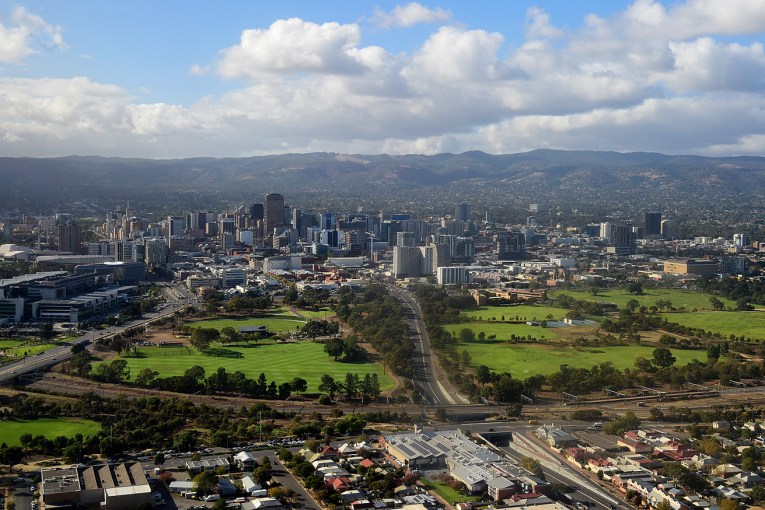Business worried that free trade agreement will favour Chinese firms
Almost a decade in the making, Australia’s $150 billion trade with China is about to get a major boost through a free trade deal.
The Australia China Business Council (ACBC) believes the benefits to Australia will be very significant.
“A country the size of Australia, in anyone’s book, even if it’s $15 billion or $20 billion, it’s still going to be a lot, and above all, it’s going to be widespread,” said Martine Letts from the ACBC on the benefits of a deal.
The expectations on Trade Minister Andrew Robb are not insignificant.
• Time Warner puts in a big bid for Ten
• How to choose a super fund: it’s a long-term game
Australian businesses want increased access and tariff reductions for beef and dairy exports; a cut in tariffs on commodities such as coal, alumina and various minerals; and greater access for a broad range of services, including finance, architecture, construction, health and education.
“There’s been significant restrictions on foreign investment and on granting business licences,” said Alan Oxley from RMIT’s Australian APEC Study Centre.
“So, for this agreement, for us, that actually is probably – that plus some extra access for agriculture – are the two most important things to achieve.”
In return, the Government is expected to ease foreign investment rules for China’s state-owned enterprises, lifting the Foreign Investment Review Board threshold from under $248 million to just over a billion dollars.
“The fact of the matter is that the big deals that have been put to FIRB have not been knocked back, but symbolically it’s important to show that we respect those companies and what they can offer,” argued Martine Letts.
However, not everyone expects to win out of the deal.
“It seems to me, on the surface of things, it’s very much favouring Chinese architects working in Australia rather than Australian architects working in China,” said James Grose from BVN Architecture.
BVN is a large architecture firm which has successfully tendered for major projects in Australia and Asia.
James Grose said working in China is more restrictive than many other Asian countries and he is not expecting the free trade deal to change that.
“You must give the bulk of the work to the Chinese Design Institute and you, in a sense, become a consultant to that institute, as opposed to in the other countries, like in Australia, where your expertise is called for across the entire length of the project,” he observed.
Yet the free trade agreement (FTA) may increase the competition for James Grose’s company by opening doors for more Chinese firms to bid for Australian projects.
“We compete regularly with European, English, American practices. It will just be another group of architects in the mix, really,” he added.
There are doubts about whether Australia gets the benefits it should from free trade deals.
An Economist-HSBC survey of 50 Asian FTAs in eight countries found that, on average, Australian companies had one of the lowest usage rates of FTAs, at less than 20 per cent.
The agreements’ complexity was a major disincentive, ahead of unattractive markets and a lack of expertise.
However, HSBC said those that did take advantage saw the benefits.
“The research is very clear. It shows that 75 per cent of exporters who have taken advantage of FTAs and explored it are definitely seeing benefits,” said Andrew Skinner from the bank.
It seems signing a deal is one thing, getting companies to act on it is quite another.








